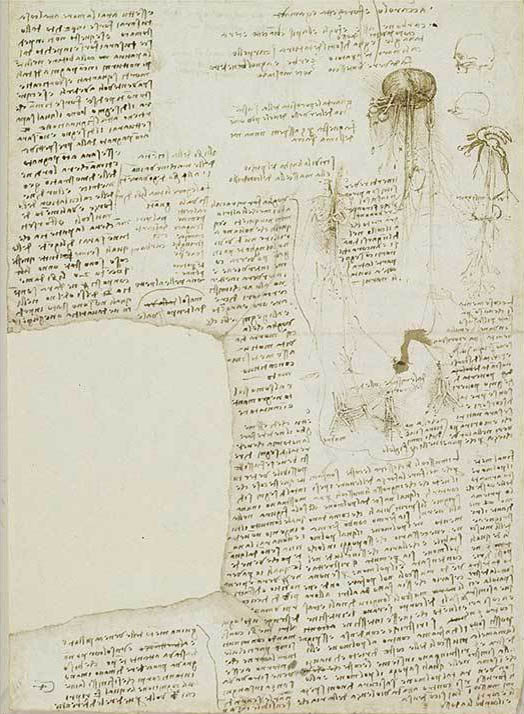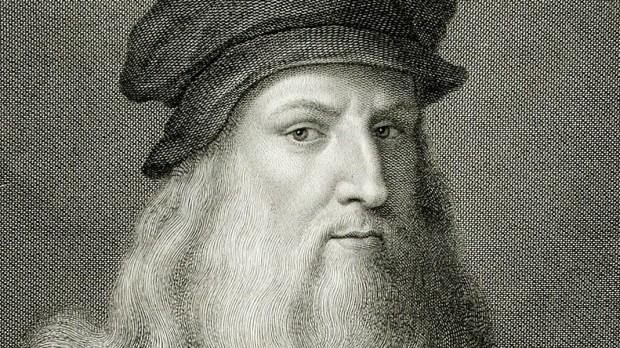Many of us probably carry to-do lists filled with duties and dull errands that needs to be done each day. So we have at least one thing in common with Renaissance genius Leonardo da Vinci. He used to jot down a daily to-do list too. But unlike most people’s list of daily tasks, Leonardo’s focus wasn’t on getting laundry done or buying onions but rather on finding ways to feed his ever-expanding curiosity about the world.
In the 2012 book Da Vinci’s Ghost: Genius, Obsession, and How Leonardo Created the World in His Own Image, author Toby Lester says that Leonardo used to carry around a notebook to write down whatever sparked his curiosity. According to Lester, Leonardo wrote that “It is useful, to constantly observe, note, and consider.” Such annotations included lists of things he intended to explore. Here is a list of to-do things dated to 1490 that was translated by NPR journalist Robert Krulwich from the original “Leonardo’s Italian”—-he used to write from right to left..

[Calculate] the measurement of Milan and Suburbs
[Find] a book that treats of Milan and its churches, which is to be had at the stationer’s on the way to Cordusio
[Discover] the measurement of Corte Vecchio (the courtyard in the duke’s palace).
[Discover] the measurement of the castello (the duke’s palace itself)
Get the master of arithmetic to show you how to square a triangle.
Get Messer Fazio (a professor of medicine and law in Pavia) to show you about proportion.
Get the Brera Friar (at the Benedictine Monastery to Milan) to show you De Ponderibus (a medieval text on mechanics)
[Talk to] Giannino, the Bombardier, re. the means by which the tower of Ferrara is walled without loopholes (no one really knows what Da Vinci meant by this)
Ask Benedetto Potinari (A Florentine Merchant) by what means they go on ice in Flanders
Draw Milan
Ask Maestro Antonio how mortars are positioned on bastions by day or night.
[Examine] the Crossbow of Mastro Giannetto
Find a master of hydraulics and get him to tell you how to repair a lock, canal and mill in the Lombard manner
[Ask about] the measurement of the sun promised me by Maestro Giovanni Francese
Try to get Vitolone (the medieval author of a text on optics), which is in the Library at Pavia, which deals with the mathematic.
This document offers a precious insight into one of the greatest minds of Western culture and shows how geniuses are not acting in silos: Leonardo relied on a network of experts—including Benedictine monks—with whom he interacted and exchanged knowledge on anything from optics to how to repair a lock.

